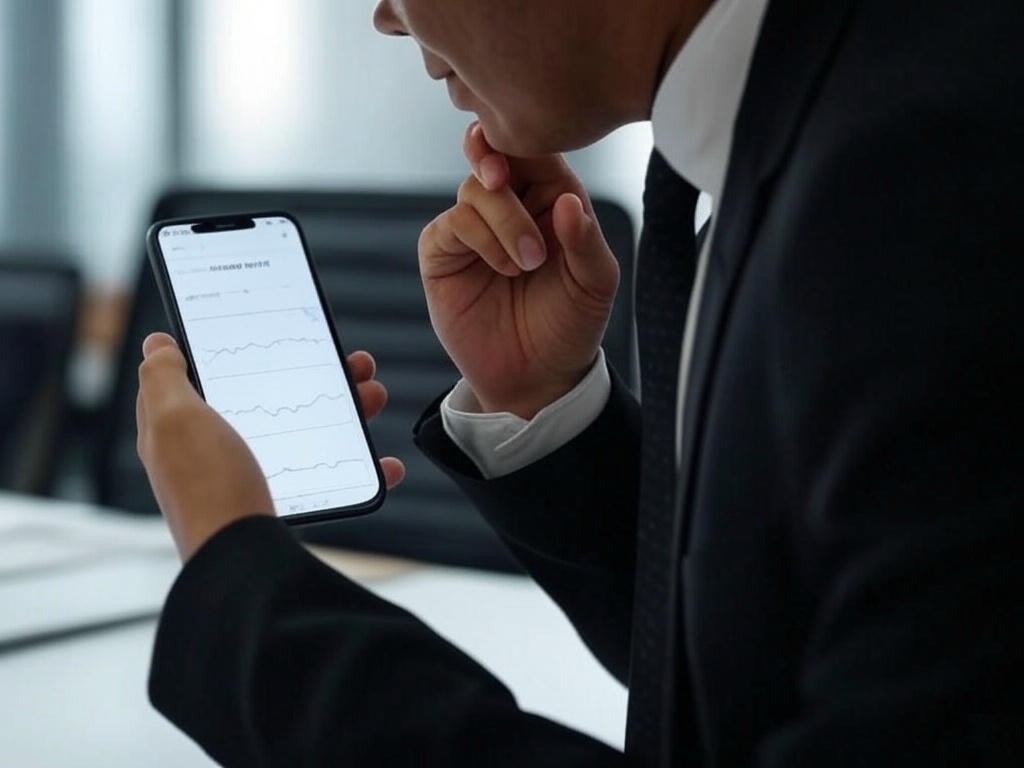
Epilepsy and Technology: How Modern Tools Are Changing Lives
From seizure detection apps to smart home devices, discover how technology is revolutionizing epilepsy management and improving quality of life.

Epilepsy and Technology: How Modern Tools Are Changing Lives
As a neurologist with extensive experience in both the UK and India, I’ve witnessed the remarkable impact of technology on epilepsy care. Through my practice and work with SAMMAN, I’ve seen how modern tools are transforming the lives of people with epilepsy.
Seizure Detection Technology
In my practice, I’ve seen how seizure detection devices have evolved:
- Wearable Devices: Smart watches and bracelets that detect unusual movements
- Smartphone Apps: Track seizures, medications, and triggers
- Bed Sensors: Monitor nighttime seizures
- Smart Home Integration: Alert caregivers during emergencies
Medication Management Apps
Based on my experience, these digital tools have revolutionized medication adherence:
- Reminder Systems: Timely alerts for medication doses
- Medication Logs: Track side effects and effectiveness
- Refill Alerts: Never run out of medication
- Interaction Checkers: Avoid potential drug interactions
Telemedicine and Remote Care
Through my work at leading healthcare institutions, I’ve seen how telemedicine has improved access to care:
- Virtual Consultations: Connect with specialists remotely
- Digital Health Records: Share information securely
- Remote Monitoring: Track progress between visits
- Emergency Support: Quick access to medical advice
Smart Home Solutions
In my practice, I’ve recommended various smart home technologies:
- Voice-Activated Systems: Control environment without physical effort
- Automated Lighting: Reduce seizure triggers
- Smart Locks: Secure entry for caregivers
- Environmental Controls: Maintain optimal conditions
Mobile Health Apps
Based on my experience, these apps have become essential tools:
- Seizure Diaries: Track patterns and triggers
- Lifestyle Monitoring: Record sleep, stress, and activities
- Emergency Contacts: Quick access to help
- Educational Resources: Learn about epilepsy management
Wearable Technology
Through my work with patients, I’ve seen the benefits of modern wearables:
- Activity Trackers: Monitor physical well-being
- Sleep Monitors: Track sleep quality
- Stress Sensors: Identify potential triggers
- Location Services: Ensure safety during seizures
Data and Analytics
As a neurologist, I value how technology helps us understand epilepsy better:
- Pattern Recognition: Identify seizure triggers
- Treatment Response: Track medication effectiveness
- Lifestyle Impact: Understand daily influences
- Progress Tracking: Monitor long-term outcomes
Emergency Response Systems
In my practice, I’ve seen how these systems save lives:
- Fall Detection: Alert caregivers to potential seizures
- GPS Tracking: Locate during emergencies
- Medical ID Apps: Share critical information
- Automated Alerts: Notify emergency contacts
Future of Technology in Epilepsy Care
Based on my experience and research involvement, I’m excited about emerging technologies:
- AI-Powered Detection: More accurate seizure prediction
- Advanced Monitoring: Better understanding of seizure patterns
- Personalized Care: Tailored treatment approaches
- Improved Communication: Better doctor-patient interaction
Making Technology Work for You
Through my work with patients, I’ve learned that successful technology use requires:
- Personalization: Choose tools that fit your needs
- Consistency: Use devices regularly
- Integration: Combine different technologies effectively
- Support: Have help available when needed
A Balanced Approach
Remember, technology is a tool, not a replacement for medical care. In my practice, I’ve seen the best results when technology complements:
- Regular medical follow-up
- Proper medication management
- Healthy lifestyle choices
- Strong support networks
Looking Ahead
The future of epilepsy care is increasingly digital, but the human touch remains essential. Through my years of practice, I’ve seen how the right combination of technology and personal care leads to the best outcomes for people living with epilepsy.
Need Professional Help?
If you or your loved one is experiencing neurological symptoms, don't hesitate to reach out. Schedule a consultation with Dr. Natasha Tipnis Shah for expert care and guidance.
Book an AppointmentSchedule Your Consultation
Take the first step towards better neurological health. Book your appointment today.
Hospital Locations
Jaslok Hospital & Research Center
K.J. Somaiya Hospital & Research Center
Somaiya Ayurvihar, Eastern Express Hwy, Sion East, Sion, Mumbai, Maharashtra 400022
24 Hours
Zynova Shalby Hospital
CTS 1900-1917, Lal Bahadur Shastri Marg, Gandhi Nagar, Kirti Vihar, Ghatkopar West, Mumbai, Maharashtra 400086
24 Hours
Heart & Vascular Superspeciality Hospital
3rd Floor, Silver Point, Lal Bahadur Shastri Marg, Kasturi Park, Maneklal Estate, Ghatkopar West, Mumbai, Maharashtra 400086
24 Hours